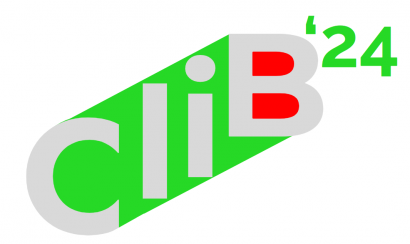Prof. Shuly Wintner (University of Haifa, Israel)
December 5th, 2021
Short bio
 Shuly Wintner is professor of computer science at the University of Haifa, Israel. His research spans across various areas of computational linguistics and natural language processing, including formal grammars, morphology, syntax, language resources, translation, and multilingualism.
Shuly Wintner is professor of computer science at the University of Haifa, Israel. His research spans across various areas of computational linguistics and natural language processing, including formal grammars, morphology, syntax, language resources, translation, and multilingualism.
He served as the editor-in-chief of Springer’s Research on Language and Computation, a program co-chair of EACL-2006, and the general chair of EACL-2014. He was among the founders, and twice (6 years) the chair, of ACL SIG Semitic. He is currently the Chair of the EACL.
Talk abstract
The Hebrew Essay Corpus
The Hebrew Essay Corpus is an annotated corpus of Hebrew language argumentative essays authored by prospective higher-education students. The corpus includes both essays by native speakers, written as part of the psychometric exam that is used to assess their future success in academic studies; and essays authored by non-native speakers, with three different native languages, that were written as part of a language aptitude test. The corpus is uniformly encoded and stored. The non-native essays were annotated with target hypotheses whose main goal is to make the texts amenable to automatic processing (morphological and syntactic analysis).
I will describe the corpus and the error correction and annotation schemes used in its analysis. In addition, I will discuss some of the challenges involved in identifying and analyzing non-native language use in general, and propose various ways for dealing with these challenges. Then, I will present classifiers that can accurately distinguish between native and non-native authors; determine the mother tongue of the non-natives; and predict the proficiency level of non-native Hebrew learners. This is important for practical (mainly educational) applications, but the endeavor also sheds light on the features that support the classification, thereby improving our understanding of learner language in general, and transfer effects from Arabic, French, and Russian on nonnative Hebrew in particular.
